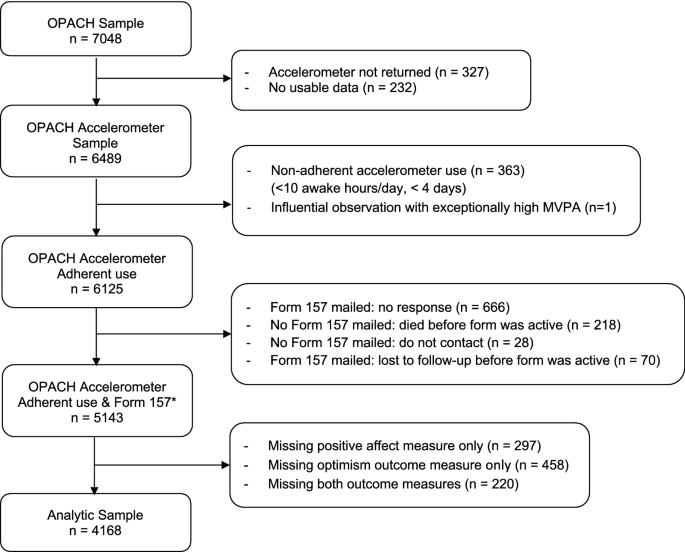
Taking action to advance the study of race and ethnicity: the Women's Health Initiative (WHI), Women's Midlife Health
#8220;Race” and “ethnicity” are socially constructed terms, not based on biology - in contrast to biologic ancestry and genetic admixture - and are flexible, contested, and unstable concepts, often driven by power. Although individuals may self-identify with a given race and ethnic group, as multidimensional beings exposed to differential life influencing factors that contribute to disease risk, additional social determinants of health (SDOH) should be explored to understand the relationship of race or ethnicity to health. Potential health effects of structural racism, defined as “the structures, policies, practices, and norms resulting in differential access to goods, services, and opportunities of society by “race,” have been largely ignored in medical research. The Women’s Health Initiative (WHI) was expected to enroll a racially and ethnically diverse cohort of older women at 40 U.S. clinical centers between 1993 and 1998; yet, key information on the racial and ethnic make-up of the WHI cohort of 161,808 women was limited until a 2020–2021 Task Force was charged by the WHI Steering Committee to better characterize the WHI cohort and develop recommendations for WHI investigators who want to include “race” and/or “ethnicity” in papers and presentations. As the lessons learned are of relevance to most cohorts, the essence of the WHI Race and Ethnicity Language and Data Interpretation Guide is presented in this paper. Recommendations from the WHI Race and Ethnicity Language and Data Interpretation Guide include: Studies should be designed to include all populations and researchers should actively, purposefully and with cultural-relevance, commit to recruiting a diverse sample; Researchers should collect robust data on race, ethnicity and SDOH variables that may intersect with participant identities, such as immigration status, country of origin, acculturation, current residence and neighborhood, religion; Authors should use appropriate terminology, based on a participant’s self-identified “race” and “ethnicity”, and provide clear rationale, including a conceptual framework, for including race and ethnicity in the analytic plan; Researchers should employ appropriate analytical methods, including mixed-methods, to study the relationship of these sociocultural variables to health; Authors should address how representative study participants are of the population to which results might apply, such as by age, race and ethnicity.
1 Introduction, Women's Health Research: Progress, Pitfalls, and Promise

PDF) Correction: Taking action to advance the study of race and ethnicity: the Women's Health Initiative (WHI)

Taking action to advance the study of race and ethnicity: the Women's Health Initiative (WHI), Women's Midlife Health

Optimizing the Equitable Deployment of Virtual Care for Women: Protocol for a Qualitative Evidence Synthesis Examining Patient and Provider Perspectives Supplemented with Primary Qualitative Data

Aging Archives - Kaiser Permanente Division of Research

Shawna Follis Stanford Medicine

Impact of Menopause Symptoms on Women in the Workplace - Mayo Clinic Proceedings

Associations Between Self‐Reported Physical Activity and Physical Performance Measures Over Time in Postmenopausal Women: The Women's Health Initiative - Laddu - 2017 - Journal of the American Geriatrics Society - Wiley Online Library

Associations of Physical Activity and Sedentary Behavior with Optimism and Positive Affect in Older Women

PDF) Taking action to advance the study of race and ethnicity: the Women's Health Initiative (WHI)

Center for Midlife Science: Recorded Events

Association between blood pressure levels and cognitive impairment in older women: a prospective analysis of the Women's Health Initiative Memory Study - The Lancet Healthy Longevity
Full article: Global view of vasomotor symptoms and sleep disturbance in menopause: a systematic review









